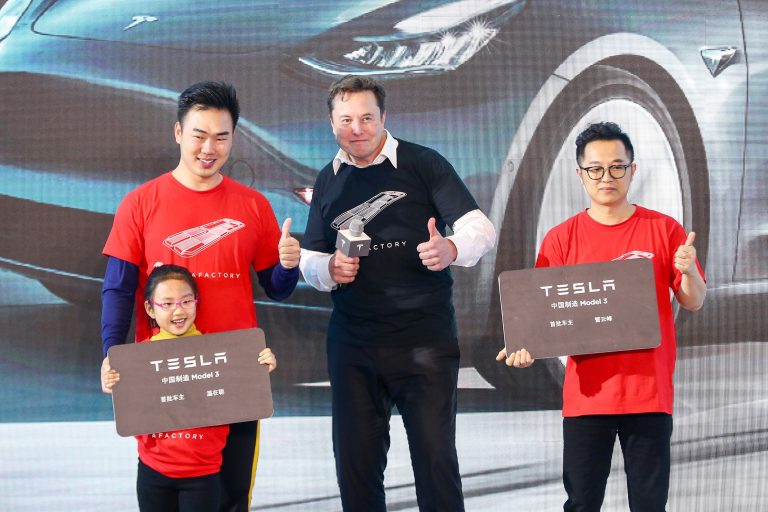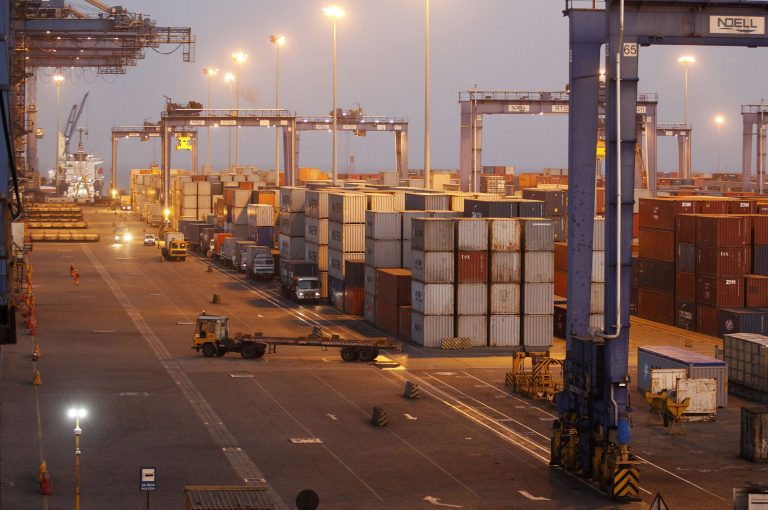On Aug. 13, in what appears to be in contrast to his public support for freedom of speech, Elon Musk published an article in a magazine run by the Chinese Communist Party (CCP).
The CEO of multiple tech companies seems willing to cooperate with the CCP to achieve his technological ambitions, and by publishing an article in a censorship-prone magazine it puts his stance on free speech in question.
Musk’s hopes in China
Musk was invited to share his views on “the vision of technology and humanity” in the July issue of China Cyberspace, a magazine helmed by the Cyberspace Administration of China (CAC) — a prominent internet regulator known for implementing the CCP’s censorship policies.
In the article, which was translated by Chinese state reporter Yang Liu, Musk expressed his desire to evolve technology for a “better future for humanity,” while promoting his own technologies by his companies — Tesla, SpaceX, and Neuralink.
“I want to do everything we can to maximize the use of technology to help achieve a better future for humanity. To that end, any area that contributes to a sustainable future is worthy of our investment. Whether it’s Tesla, Neuralink, or SpaceX, these companies were all founded with the ultimate goal of enhancing the future of human life and creating as much practical value for the world as possible — Tesla to accelerate the world’s transition to sustainable energy, Neuralink for medical rehabilitation, SpaceX for making interstellar connections possible,” Musk wrote.
Success
You are now signed up for our newsletter
Success
Check your email to complete sign up
Musk also shared his other goals he hopes to achieve with his companies, including a “self-sustaining city on Mars,” integration of artificial intelligence with humans, and “fixed battery banks.” He also notes his Tesla Bot — which has yet to be revealed — is intended to be bought as a gift in “less than a decade.”
The China Cyberspace magazine — formerly New Media — is the brainchild of the CAC, created to publish regulatory announcements and research on internet policy, according to China Media Project senior researcher, Stella Chan.
The CAC was founded in 2013 to create and reinforce the CCP’s censorship agenda on online content, user data and digital security. Its director is Zhuang Rongwen, who also happens to be the head of the CCP’s Propaganda Department.
Furthermore, the CAC is also a subsidiary of the Central Cyberspace Affairs Commission, in which China’s premier Xi Jinping is the director of.
Although the CAC carries out a censorship agenda, it can also directly attack content, as seen in Operation Qinglang in 2021, when a crackdown on non-state-run media entities, like social media users and journalists, targeted “harmful” material on China’s heavily censored internet.
Liu has called the article a “smart move” on Twitter, stating that Musk could “seize the opportunity to showcase the technological prowess of his companies to Chinese officials and the public.”
READ MORE:
- Tesla’s Shanghai Factory Back to 70 Percent of Pre-Lockdown Levels: Report
- Toyota’s Chinese Factory Shutters Because of Drought-induced Electricity Shortage
- General Motors CEO Confident They Will Beat Elon Musk’s Tesla in the EV Market by 2025
- Crypto Miners, Tesla Drivers, Asked to Power Down Amid Texas Electricity Crisis, Heat Wave
Musk’s free speech views challenged
Due to his article in Cyberspace China, Musk’s self-proclaimed title as a “free speech absolutist” appears to be jeopardized, given his own criticism of Western censorship on sites like Twitter — which, for now, seems to be disconnected from the mogul after his attempted purchase of the platform.
In his race for technological advancement, Musk seems to be trying to appease the CCP by praising its potential, given China’s key role in Tesla’s future expansion. To this, Musk declared “China is the future” upon the launch of a Tesla factory in Shanghai in 2019.
He predicted that solar energy — which China produces around 80 percent of the world’s solar panels — will be the key energy source for humanity.
“Chinese companies will be a force to be reckoned with in the cause of energy innovation,” Musk said.
“I also welcome more like-minded Chinese partners to join us in exploring clean energy, artificial intelligence, human-machine collaboration, and space exploration to create a future worth waiting for,” he added.
According to Breitbart News, verified accounts for Musk and other Chinese Tesla representatives on state-run site Weibo have changed their backgrounds in celebration of the 100th anniversary of the CCP’s founding.
Musk even proceeded to open a Tesla store in Xinjiang — the location of the plight and suffering of China’s ethnic minorities, particularly millions of Uyghur Muslims — early this year.







